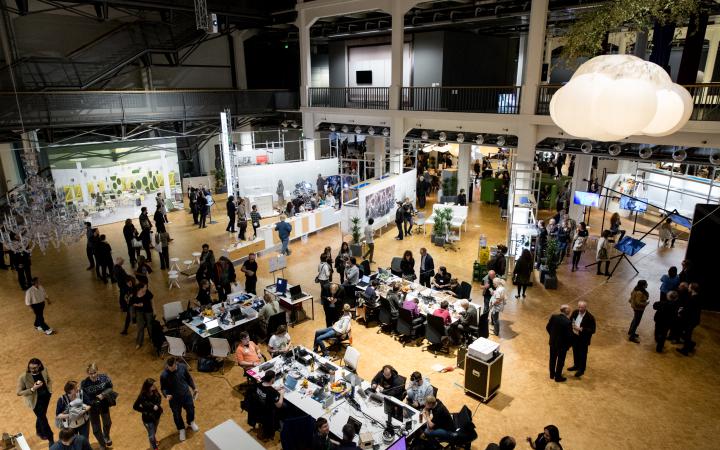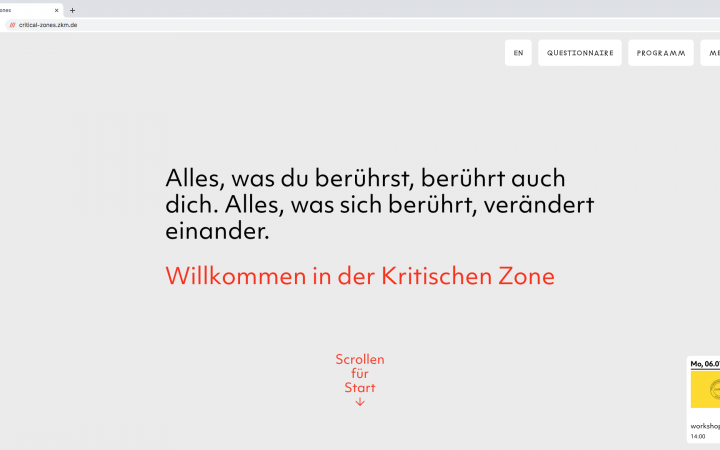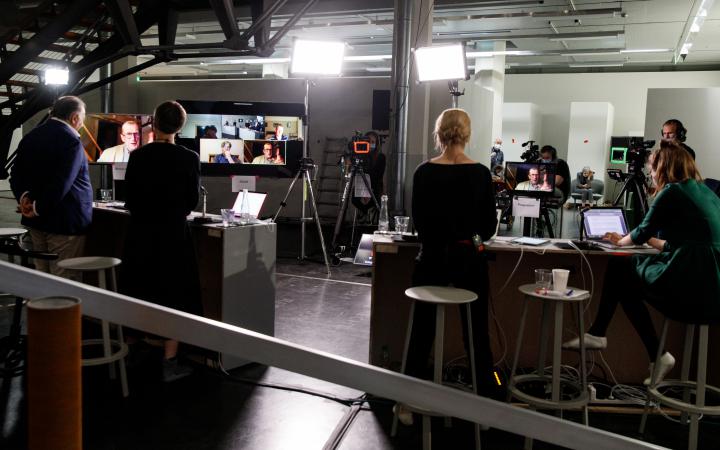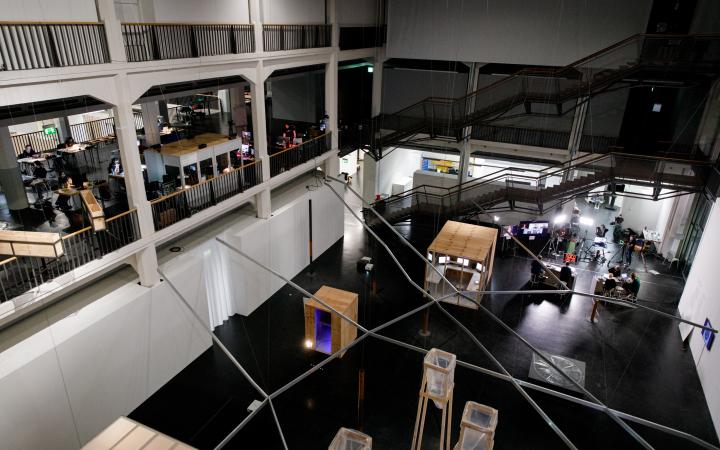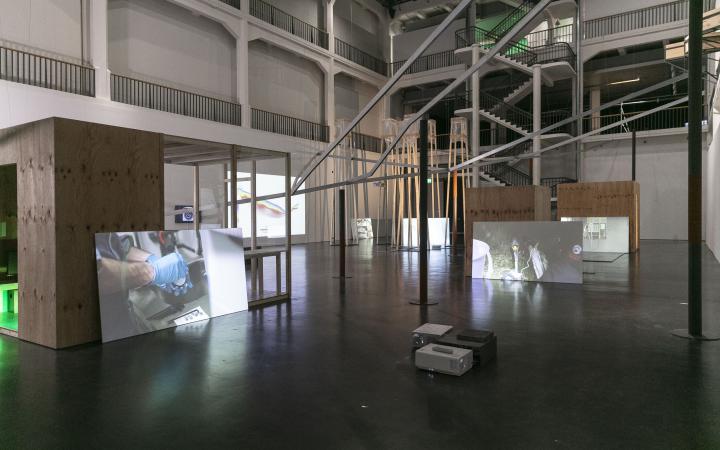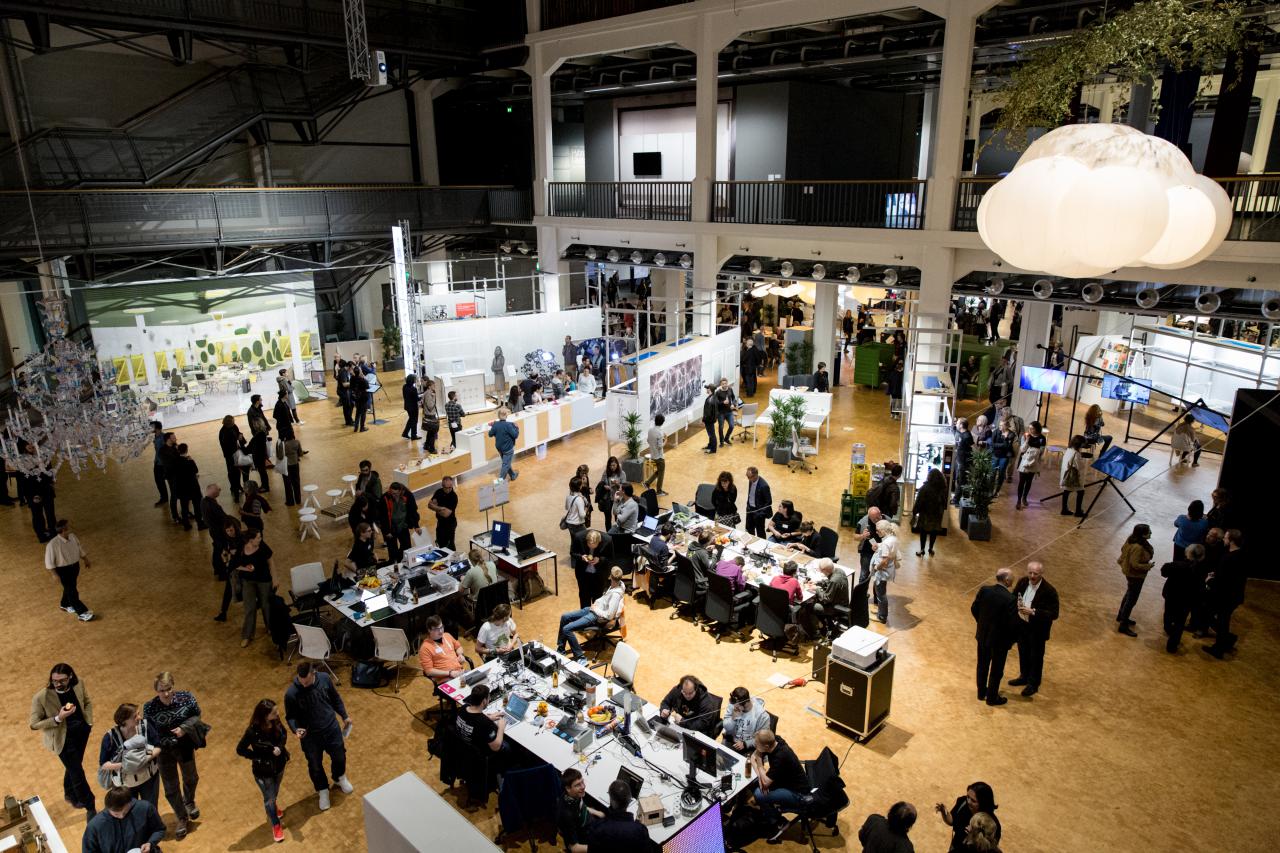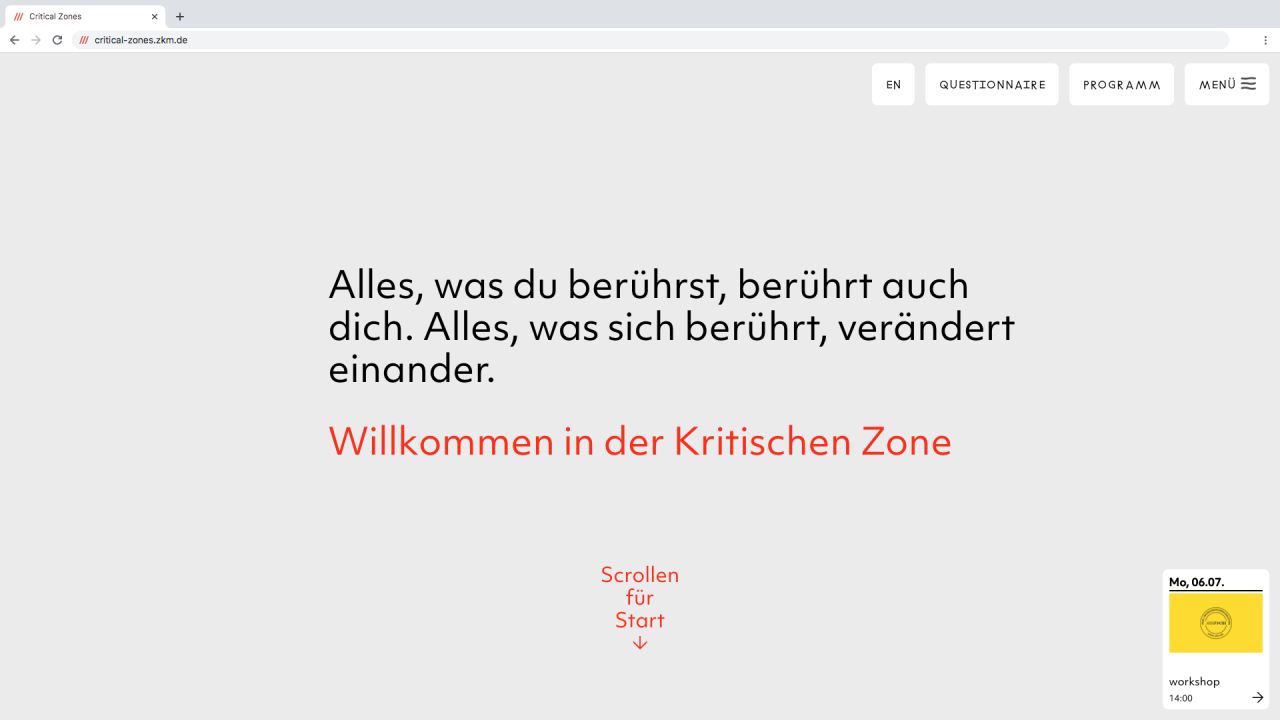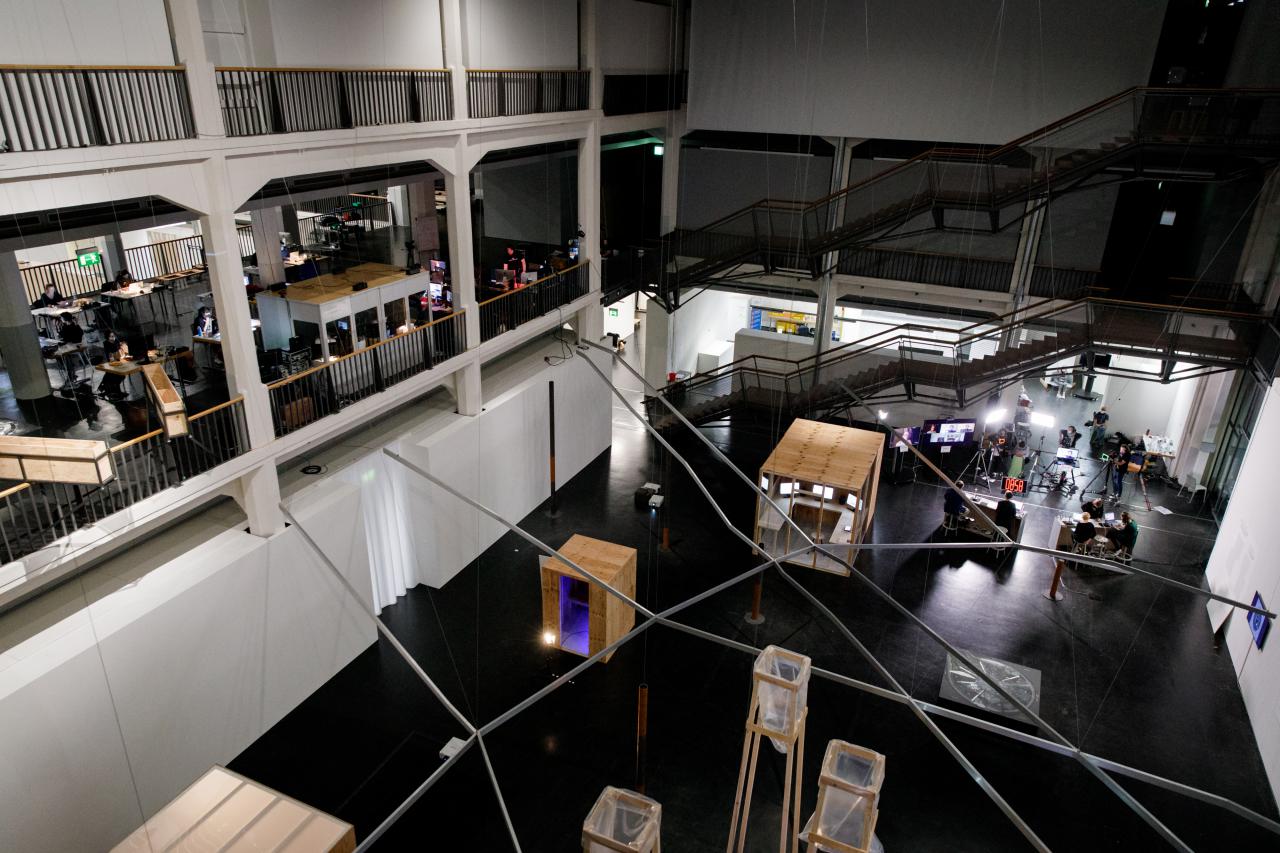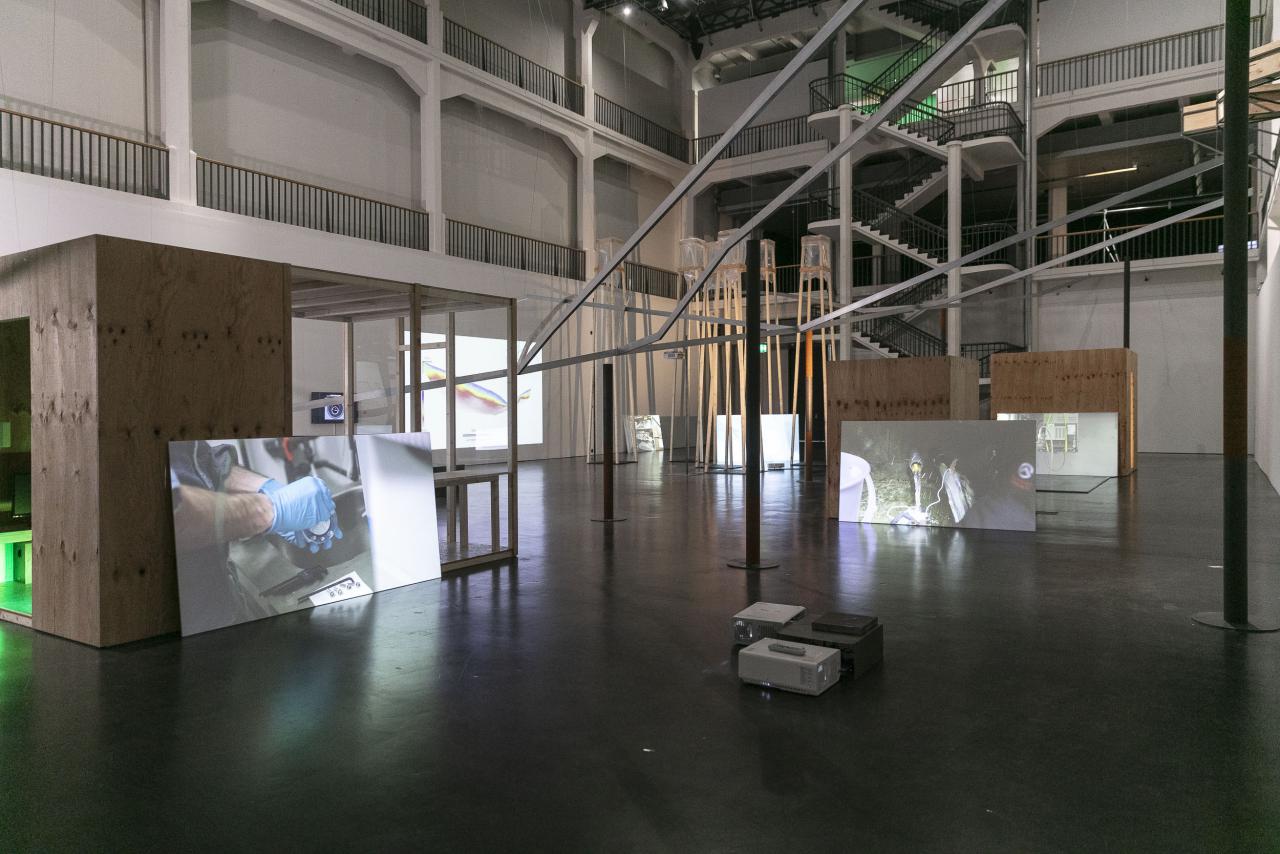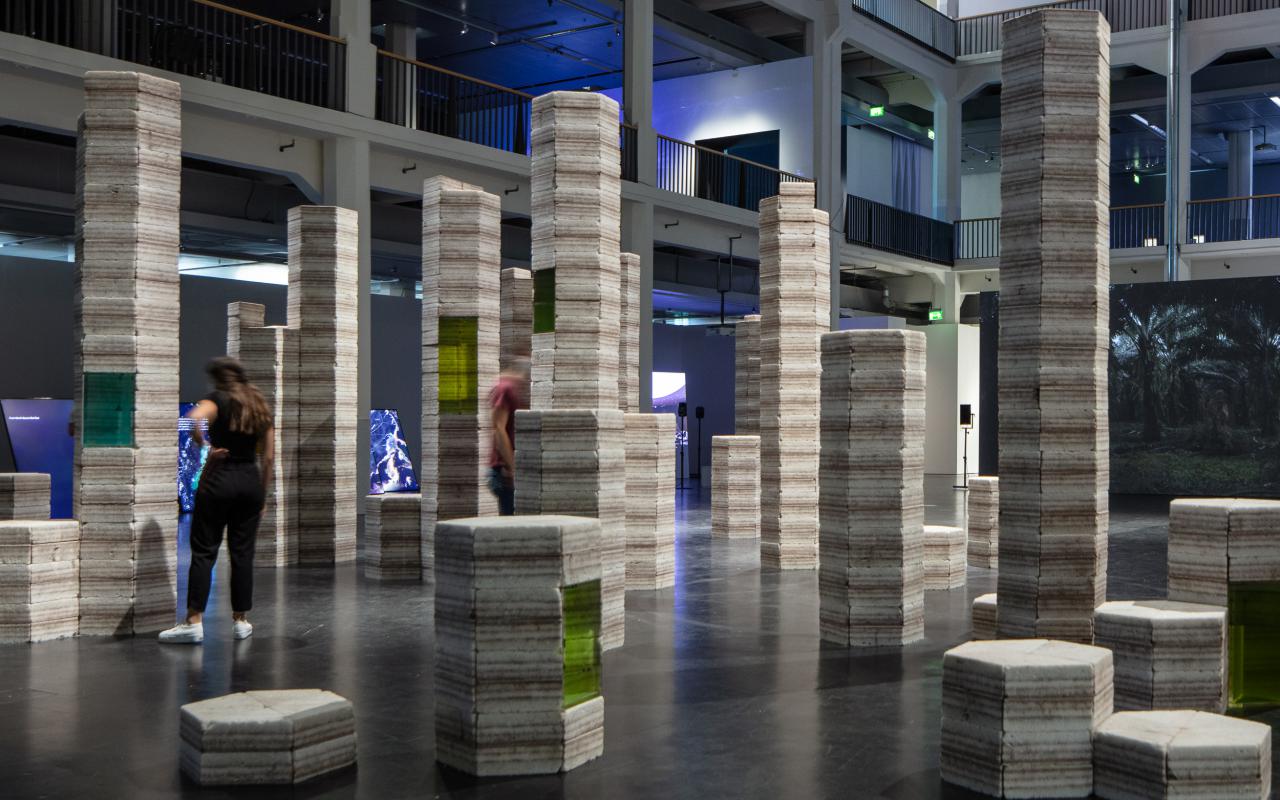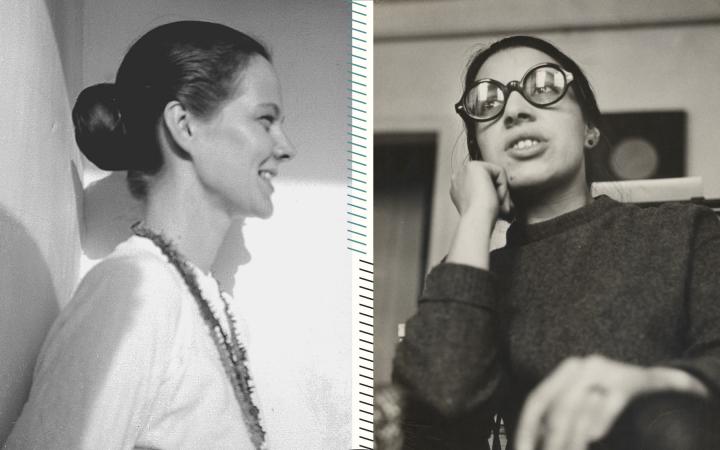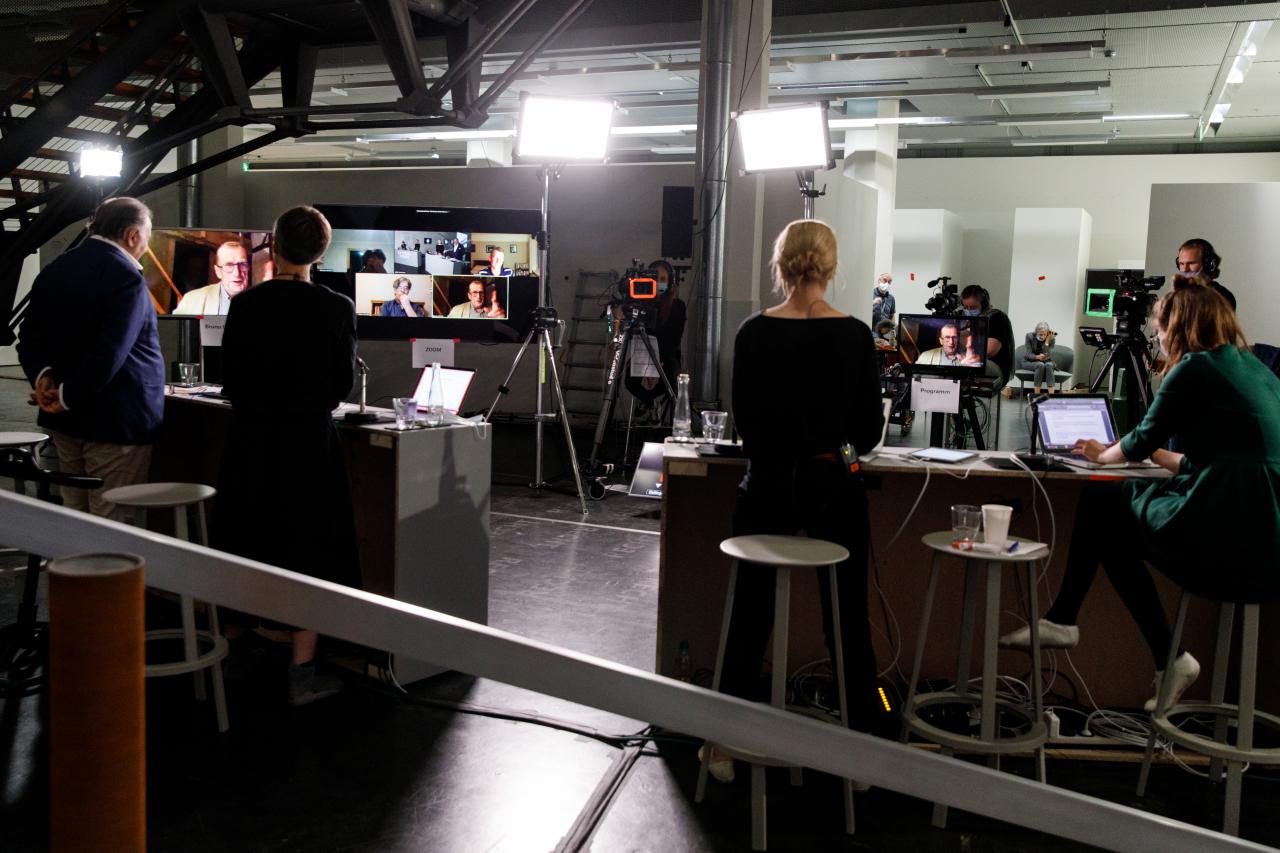
2020-07-07
Is the Museum of the Future still a Museum?
Under the provocative title »The Museum of the Future is No Longer a Museum«, experts recently discussed a possible future for the museum in the age of digitalization and corona at the ZKM | Center for Art and Media in Karlsruhe.
What if in the future the museum is not only a real place, but also »moves« in virtual space, waiting to be discovered and explored? What if, from now on, there will be continuous not only analogous encounters with art, with other visitors, with artists and curators, but also virtual ones in social networks?
Thinking in analogue spaces
For two years, starting in 2017, the ZKM focused on one particular question: How can technological development and facets of digitalization become accessible to the general public? With the exhibition »Open Codes. Living in Digital Worlds« – in other words, the digital codes that shape our lives – the ZKM broke down prevalent boundaries of the museum: no conventional museum space, no so-called »white cube«, but a co-working space was to provide access to one of the most important topics of our time – it was to lower the inhibition thresholds and facilitate an approach to the new cultural technology of the digital code. »Open Codes« expanded the idea of the museum: the exhibition experiment became not only a collection of objects (the original idea of the museum), but also a assembly of people who sought to exchange, learn with and from each other, while at the same time transforming the original museum space into a shared space of knowledge and experience. For their active and collective knowledge work in the exhibition space, visitors were rewarded with free admission, free drinks & snacks, free electricity and Wi-Fi, a library, table football, table tennis and lounges for refreshment.
Thinking in digital spaces
The Corona Pandemic highlighted the fact that the museum can no longer exist in its purely local form. The great social experiment in which we find ourselves since the outbreak of the pandemic forces us to rethink our cultural practice. We have all been pushed into the digital age with tremendous dynamism. The current exhibition on the climate crisis, »Critical Zones. Observatories for Earthly Politics«, was moved into digital space: a virtual platform presented the works of art, now digitally redesigned by artists, on a constantly changing website. The opening turned into a live streaming festival that was watched from home by more than 30,000 interested people. Lectures with speakers from all over the world, discussions, film screenings and a play found their way to the digital participants, who discussed Telegram and thus actively participated in the event. In the analogue museum, visitors come to the museum to watch. In the digital, intelligent museum of the future, the museum comes to visitors' homes to experience and think together. Is this »home museum« the museum of the future? And if so, what does it look like?
Holistic thinking
The ZKM was founded in 1989 as a digital Bauhaus, not as a museum. As a center for art and media, it researches the artistic application of new technologies and as a citizens' forum it puts the effects of new technologies on society up for discussion. Today's current technologies – from VR to AI to bio-media – must find their way to the citizens. The future of the museum will be the intelligent museum: a place that opens physical and digital accesses, whose doors lead to spaces of shared experience and critical thinking. Research at the ZKM therefore focuses on new technologies and their potential applications for art, for the museum and for visitors. Interaction and participation in analog and digital are the basis for a smart, technologically intelligent museum for the society of the digital 21st century.
